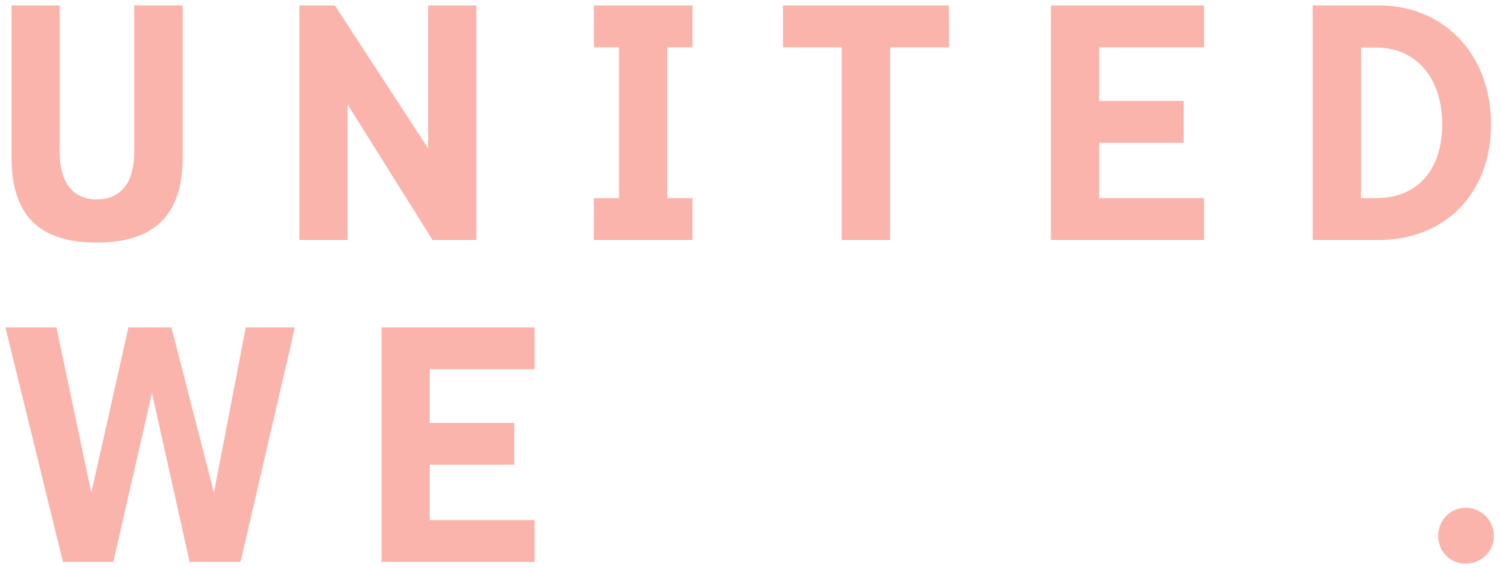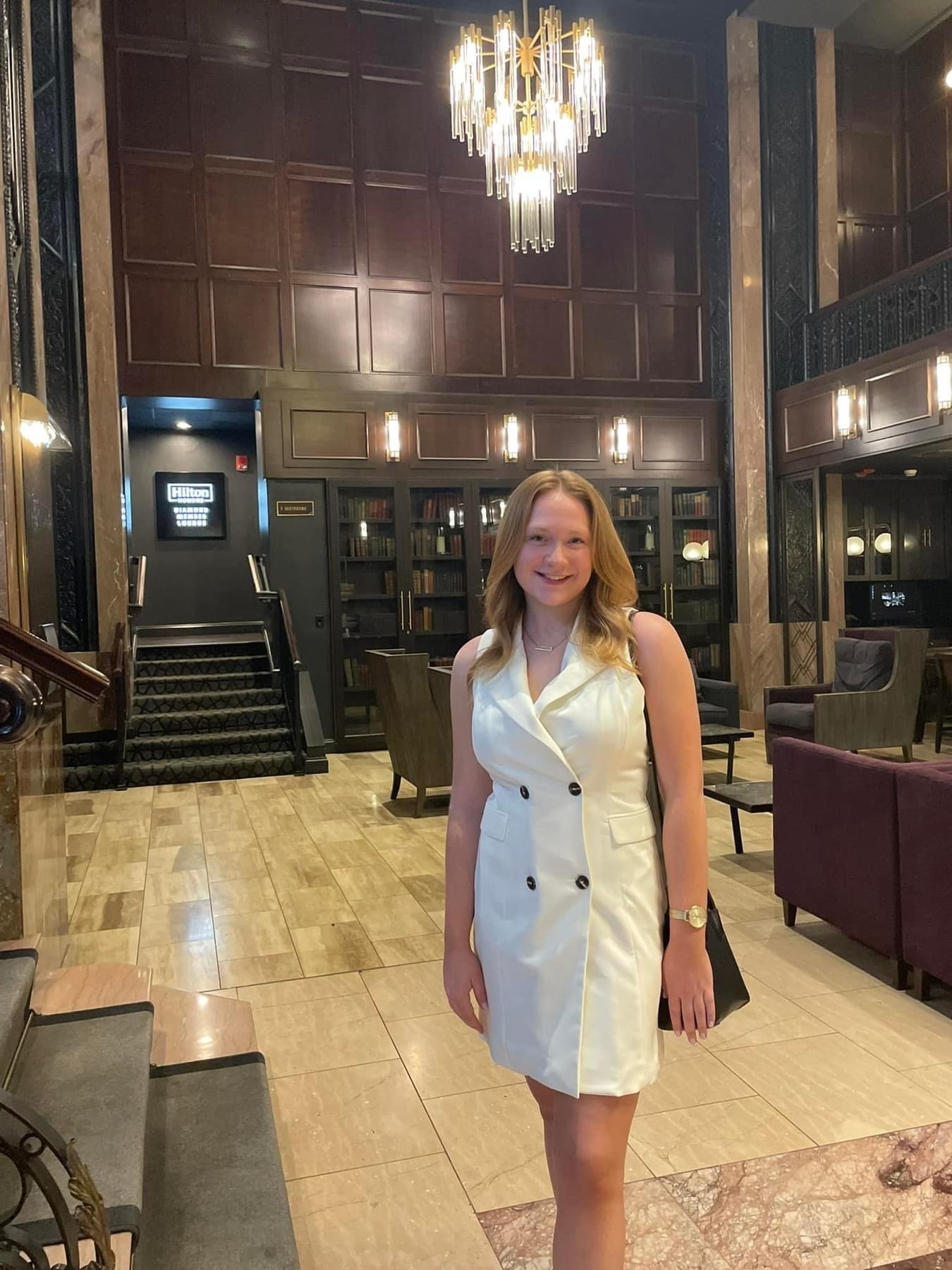Jackie Nguyen is the founder of Café Cà Phê, Kansas City’s first and only Vietnamese coffee shop. Jackie joined the United WE Entrepreneurship Roundtable on April 18, 2024 and shared insights into the financial challenges she has faced as an entrepreneur. Today, she shares more about her journey to opening Café Cà Phê and the lessons she has learned along the way.
Q: Let's start with your background. Can you tell us about your professional journey and what led you to opening Café Cà Phê?
A: For over twelve years, my career was doing Broadway musicals. I got my Bachelor of Fine Arts degree in Musical Theatre from California State University, Fullerton and moved to New York where I lived for more than a decade. I toured nationally and internationally on many musicals, such as Hair, My Fair Lady, Miss Saigon and many more.
The pandemic shut down my show in 2020, and I started selling coffee on the street to make some money and wait for auditions to start back up in New York. Almost four years later, I now have a Brick and Mortar coffee shop called Café Cà Phê in Columbus Park, a neighborhood in Kansas City.
The pandemic forced me to pivot quickly, and I leaned into my strengths which were coffee, community, and culture. I was a barista all throughout high school and college, and whilst being a starving actor in New York City as well. My journey to opening Cafe Ca Phe came out of necessity and also, Kansas City seemed to need it as much as I did.
Q: How has your business evolved over the years?
A: I started by selling coffee at a fold up table every weekend, to a mobile cart that traveled all around Kansas City for a year and a half, and now I have an official Brick and Mortar in Columbus Park, not even half a mile away from the new KC Current Stadium. It has evolved from needing friends, to community, to safety, to now a budding movement.
Q: What have been your biggest successes and biggest challenges?
A: This journey has blessed me with the highest of highs and the lowest of lows. I'll start with my first low, which happened this year: not making payroll. It was in January during the crazy negative 22 degree weather. We weren't able to open, and the days we were able to, we barely made any money. I had to do a lot of borrowing and readjusting and pulling from all emergency funds to pay my staff. Even then, it was late. It was a scary, gut wrenching few weeks of complete and utter doubt in myself and my business. But, I survived and we are above water now! Whew!
And now for the biggest success: being featured in Forbes. In August 2021, we were featured as COVID's Entrepreneur Explosion, with a two page feature on my business and its success during the craziest of times. To be selected and interviewed for Forbes was ABSOLUTELY CRAZY. It was the best honor!
Are you working on any other projects outside of Café Cà Phê?
A few. I am dabbling in creating another project, but that is not in food. I'm also dipping my toes back into the arts, in some capacity.
What do you enjoy most about being an entrepreneur?
I absolutely love making all the shots. I love being in a position to have visions, create a game plan, and execute it. And no one can say no! It truly is freedom to own your own business. After having to work under so many people who I just did not vibe with, this change is tremendously freeing.
What advice do you have for female entrepreneurs who are just getting started?
Jump in. Do not let fear hold you back in any capacity. Men do it all the time....like......that thought alone should propel you forward.
Ask all the questions. Go after your biggest goals. Find a mentor. Find the girl’s girls. Lastly, don’t worry about the haters.
What do you enjoy doing outside of building your business?
Sleeping, playing with my dog, and shopping.





















